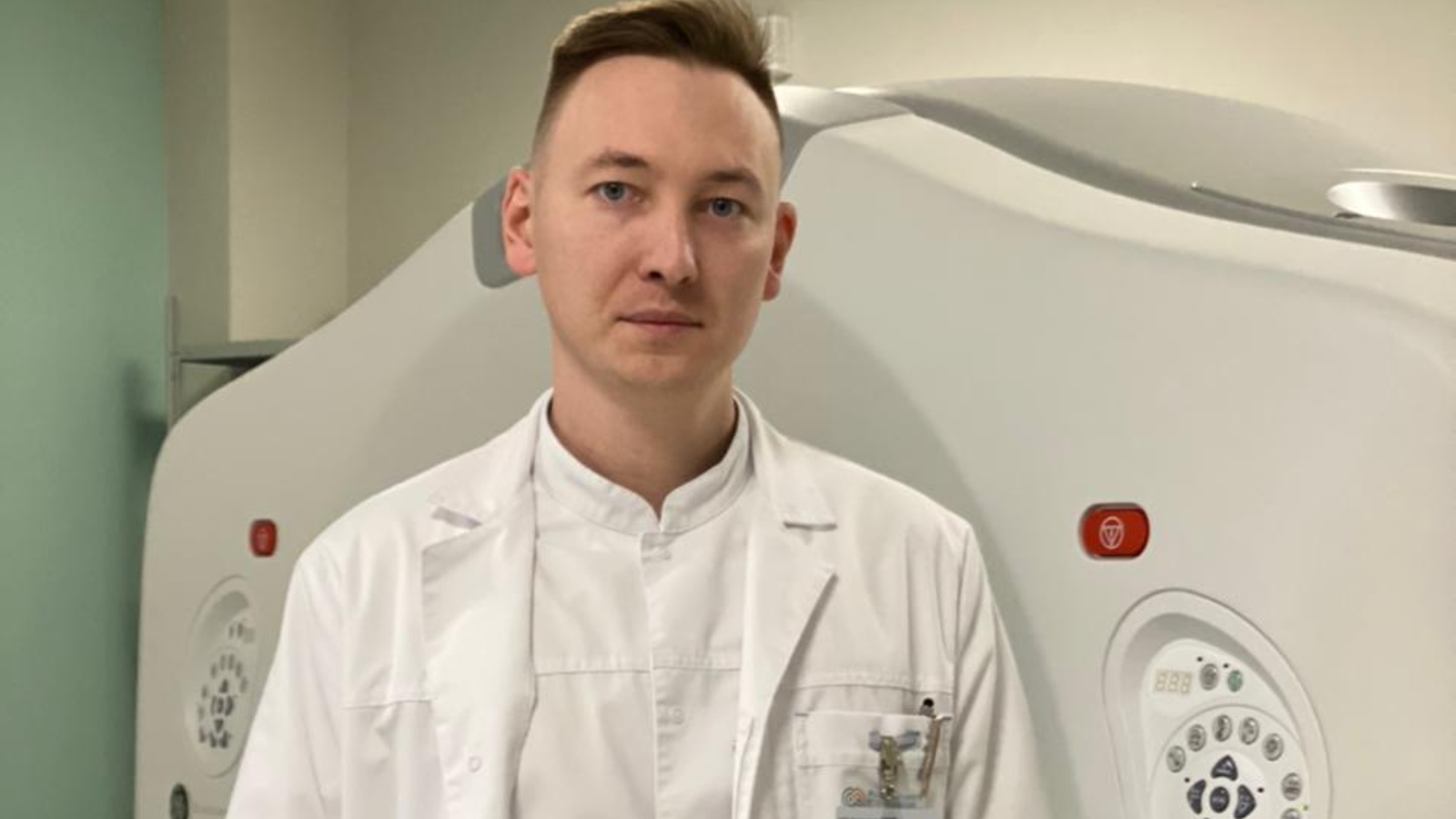RCOD of Naberezhnye Chelny told about which misconceptions about cancer are most common

Interview with the head of the Radiotherapy department of the Naberezhnye Chelny branch of the Republican Clinical Oncology In-Patient Hospital Rishat Shaukatovich Kutdusov.
We were told about what it's like to devote your life to oncology at the age of 28, what radiation therapy "cures," and what misconceptions about cancer are encountered most often.
"Medicine is a vocation. Entering the profession cannot be accidental and thoughtless, especially in medical specialties. One of the fundamental qualities of a doctor is the ability to accept someone else's pain, mercy, patience, and courage. Not everyone can work in oncology – it is hard both mentally and physically, and yet, I clearly realized where I was going," shared Rishat Shaukatovich.
"In the first year, all medical students dream of becoming surgeons," laughs Rishat Kutdusov. "I graduated from the Pediatric Faculty of KSMU in 2016, and when time to choose a further path of my development came, I decided to choose oncology and continued my studies at the Department of Oncology, Radiology and Palliative Medicine at KSMA. After completing my residency, I remained working in the RCD as a radiotherapist.
"In oncology, there are three main types of diseases treatment: surgical treatment, drug treatment, and radiation therapy. The choice of treatment tactics depends on the diagnosis, stage, and course of the disease.
The Naberezhnye Chelny branch of the RCD provides outpatient and surgical care, radiation therapy, chemotherapy, and palliative care.
Today, thanks to technical achievements, radiotherapy in oncology has reached a qualitatively new level. It can be used in most cases of many types of tumors. Radiation therapy is needed by approximately 70-80% of patients at some stage, either alone or with chemotherapy and surgery. I note that in certain localities and stages of the disease, radiation therapy can be an alternative to surgical treatment. At the same time, thanks to the use of modern radiotherapy methods, it is possible not only to cure cancer but also to preserve the affected organ and its function.
Today, cancer is well treated. There is no need to be afraid of this diagnosis. Early diagnosis and timely treatment allow us to talk about the possibility of persistent remission in most patients," explains the oncologist.